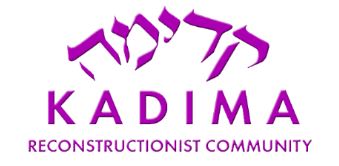In particular, it is time for the High Priest – Aaron and his sons – to be ordained in their roles, and we see their induction through further offerings.
Excited, Aaron’s oldest sons Nadav and Abihu take up what the Torah calls eish zara, or “foreign fire.” They seem excited by the rite they, their brothers, and their father just officiated – they had made they and all the people of Israel expiation through it!
One can imagine Aaron being stunned. The text does not tell us how he felt, but it does tell us he was silent.
The medieval commentaries mostly agree that he was silent because he accepted G-d's will, or as a way of being consoled. But the Ramban, the 12th century Torah Scholar from Sefarad, tells us his silence comes only after a long outburst or cries.
That perhaps silence is acceptable in the face of death and injustice only after one's outcry is complete.
Rabbi Alon Meltzer brings the teaching of Rabbi Joseph Soloveitchik: “The halakhah [Jewish law] teaches us that an afflicted person commits a criminal act if he allows his pain to go for naught and to remain without meaning or purpose.”
When we feel pain, we are obligated to not stay quiet.
I am grateful for this teaching that reaffirms that the legacy of Kadima has such a place in our rich tradition. May we soon find ourselves not needing to cry out, but until that time, may we not be quiet.
Shabbat shalom,
R’ David
PS – Join us tomorrow morning in a hybrid format for Shabbat morning services featuring a dvar torah from special guest Rabbi Jessica Rosenberg!

 RSS Feed
RSS Feed